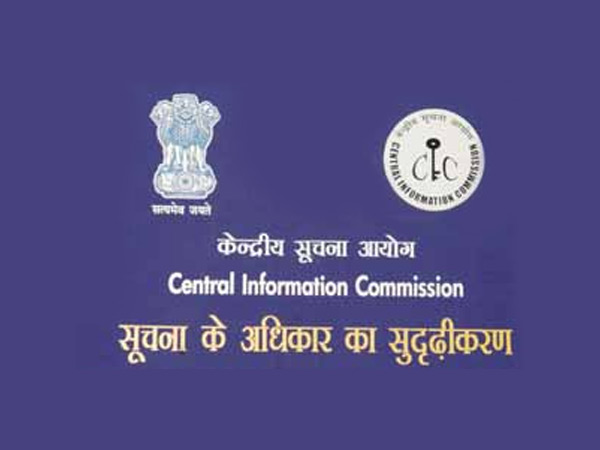
Ministers in the Union and state cabinets are “public authorities” liable to answer public questions addressed to them under the Right to Information Act, the Central Information Commission has ruled.
This directive that ministers are answerable under the RTI Act will mean that people can directly send questions to a minister by filing an RTI application which will be answered by a public information officer in his office.
Key Points
The Commission strongly recommends the Centre and States to provide necessary support to each minister, including designating some officers, or appointing as Public Information Officers and First Appellate Authorities.
The Information Commissioner directed that ‘oath of secrecy’ be replaced with ‘oath of transparency’ so that the minister will respect the right to information of the citizen, which was passed by the Parliament and considered as fundamental right intrinsic in Article 19(1)(a) of the Constitution, and be answerable/accountable to the citizens.
On ministers being public authorities, the expression “authority” in RTI Act would include all persons or bodies conferred with power to perform the functions entrusted to them under the Constitution and merely because ministers are individuals, the same would not render their offices any less authoritative than other constitutional functionaries.
If lack of infrastructure is prescribed as the criteria for imposing transparency obligations, then none would be obliged to inform. That was never the intention of the RTI Act.
Quoting Article 75, 75, 75(2), 75(3), 163 and 164 of the Constitution besides Supreme Court order in P.V. Narasimha Rao vs. State in which a Legislature is declared as a public servant, he said the expression “authority” as used in Section 2(h) of the RTI Act cannot be read as a term to exclude bodies or entities which are, essentially, performing functions in their individual capacity.
The office of the Cabinet Minister is an office established under the Constitution of India; the incumbent appointed to that office discharges functions as provided under the Constitution. Indisputably, the appointee to that office is, by virtue the constitution, vested with the authority to discharge those functions.
Current Affairs 11th March, 2016 Highlights of Union Budget 2016-17 Highlights of Railway Budget 2016

Join The Discussion